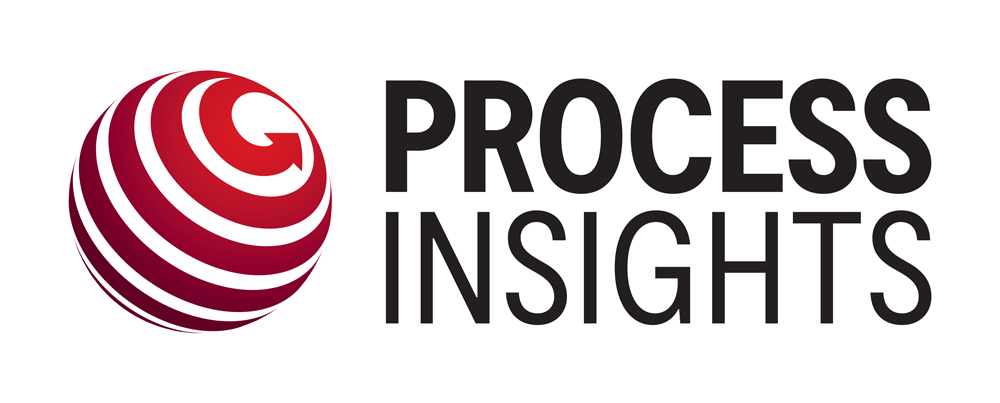Dr. Tobias Rüdiger Maier
Team Coach
Siemens Healthineers AG
Program – Psychology of Standards


Psychology of Standards – The Psychological Effects of Process Norms in Product-developing Organizations
The development and production of products in regulated environments must comply with plenty of standards. While managers take it for granted the developers often struggle to find the value in it. So, why is there no easy embracing of standards like SPICE when teams or development departments are asked? This is all the truer the more agile the environment likes to be. The agile world is naturally a little regulation-shy for good reason, and regulatory standards are likely to be put aside by development groups till the inevitable moment when they can’t be ignored anymore. This is even leveraged by separating the necessity of dealing with norms into departments for Quality or Regulatory Affairs. They must then ensure that compliance with the regulations is ultimately reflected in proper product design, implementation and documentation. So, why should organizations be interested in psychological effects of norms at all? Standards are expectations towards an organization, i.e., they describe to a certain extent what the organization and its employees should do to achieve high quality or safety, or to be simply allowed to place the product or service on the market. Since this is all in the interest of the company it expects its employees to comply with the norms, and the expectations manifest in policies and processes. Sometimes norms shape processes more strictly (e.g. ISO 26262, IEC 62304), sometimes they ‚just’ constraint them, i.e., having a bit more freedom to work out an own compliant process (e.g. SPICE). In any case, the norms have at least an indirect effect on the people through the processes. Some employees are more aware of the norms that impact their work, so those would at times even directly engage with the underlying standards. And, of course, it’s the job of some people to do exactly this. However, both direct and indirect cognitive engagement evoke psychological and neurophysiological effects that impact the effectiveness of the employees, either negatively or positively. This is why organizations should generally be interested in it. The presentation will draw on psychological theories, models, and scientific insights to link work standards to work behavior and how work effectiveness is influenced. To no surprise this also includes topics like motivation, attitudes, emotions and cognitive biases. You gain a certain understanding of the connections between these various aspects and the resulting effects. Based on that you will find a starting point for mitigating negative consequences and exploiting positive ones in your organization.
Short biography
After completing his doctorate in the field of image processing, Dr. Tobias R. Maier started as a software engineer at Method Park and was seconded to Siemens Healthcare to work on CT applications. After a few years, he switched to consulting for the automotive and medical technology sectors. In his first years as a consultant, Tobias R. Maier dealt with software architecture, quality management, regulations, process and project management. Since 2016, he has been working on agile transformations, particularly in connection with SAFe. Standards have always been an issue. He therefore completed a master’s degree in business psychology for change management at the same time, and he moved for 3 years to Forvia Hella for a long-term commitment to a SAFe transformation. Finally, Dr. Tobias R. Maier has started at Siemens Healthineers in June 2024 as Team Coach.
